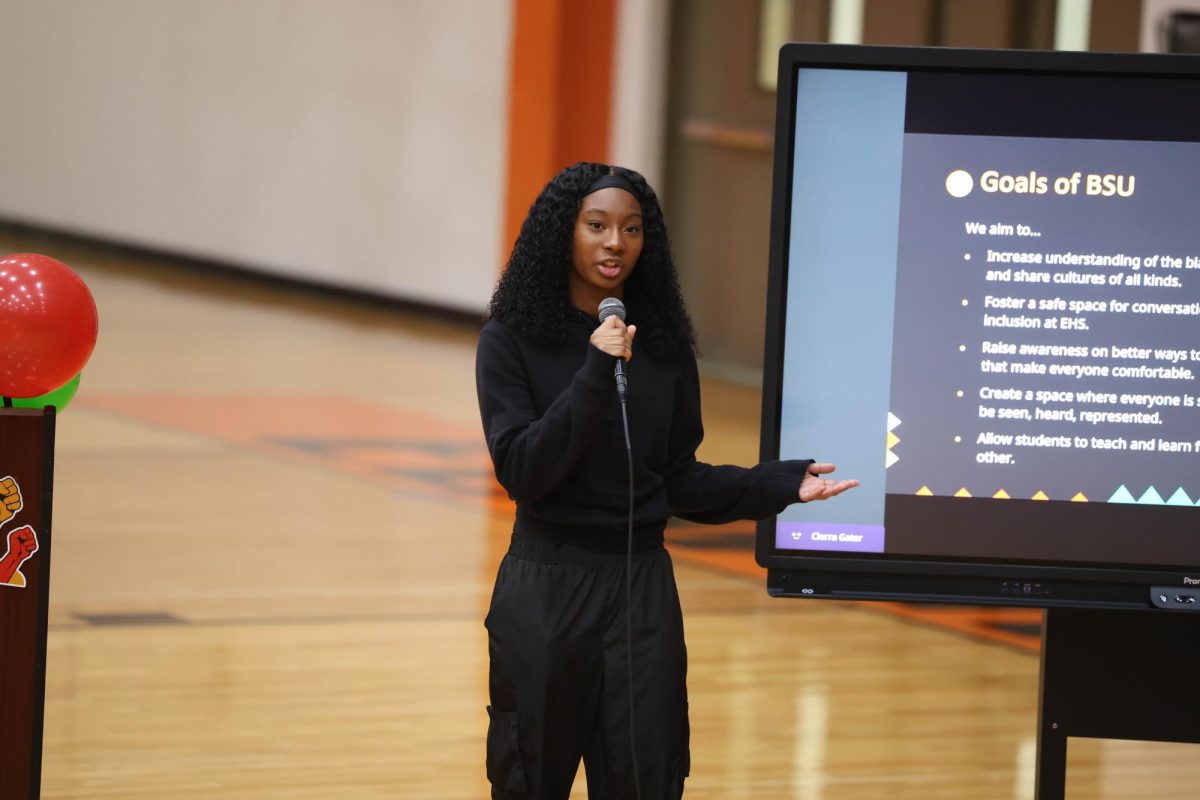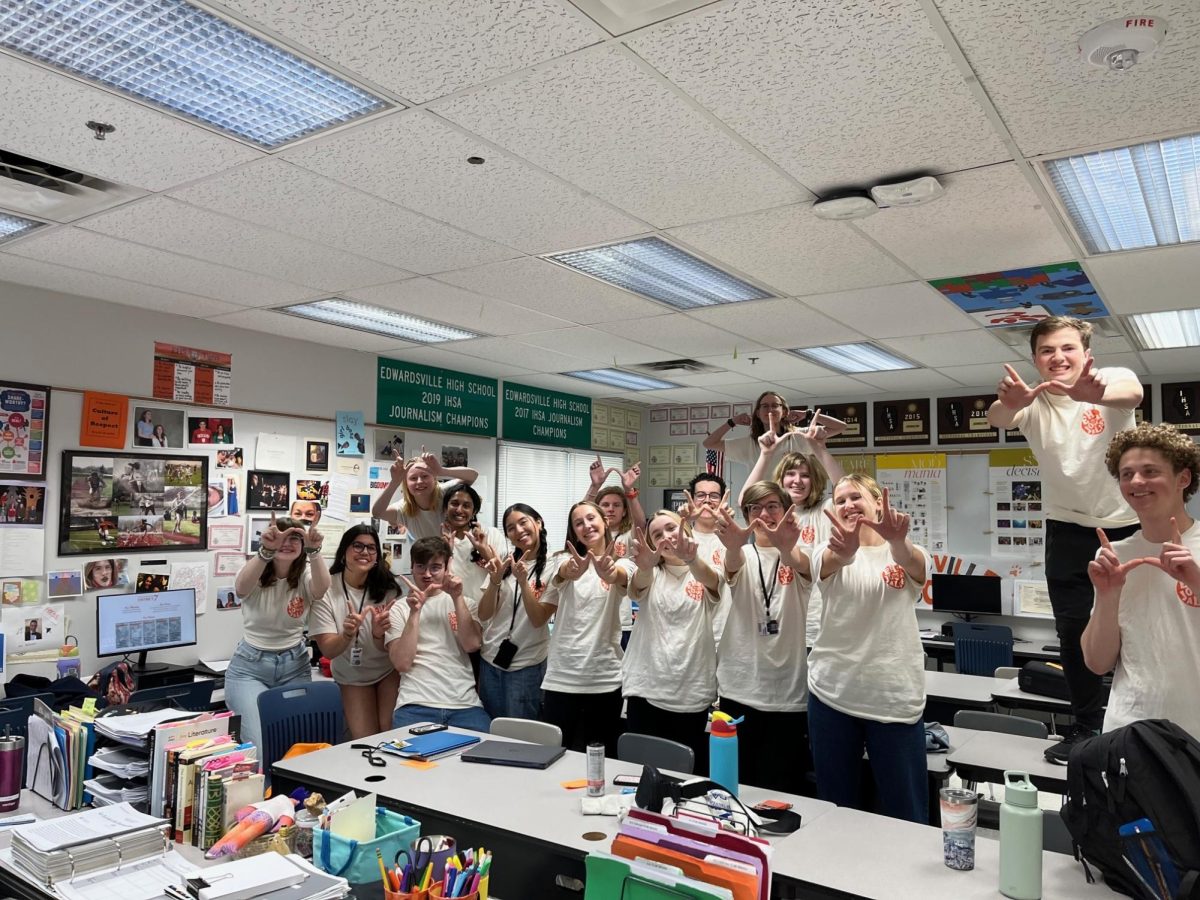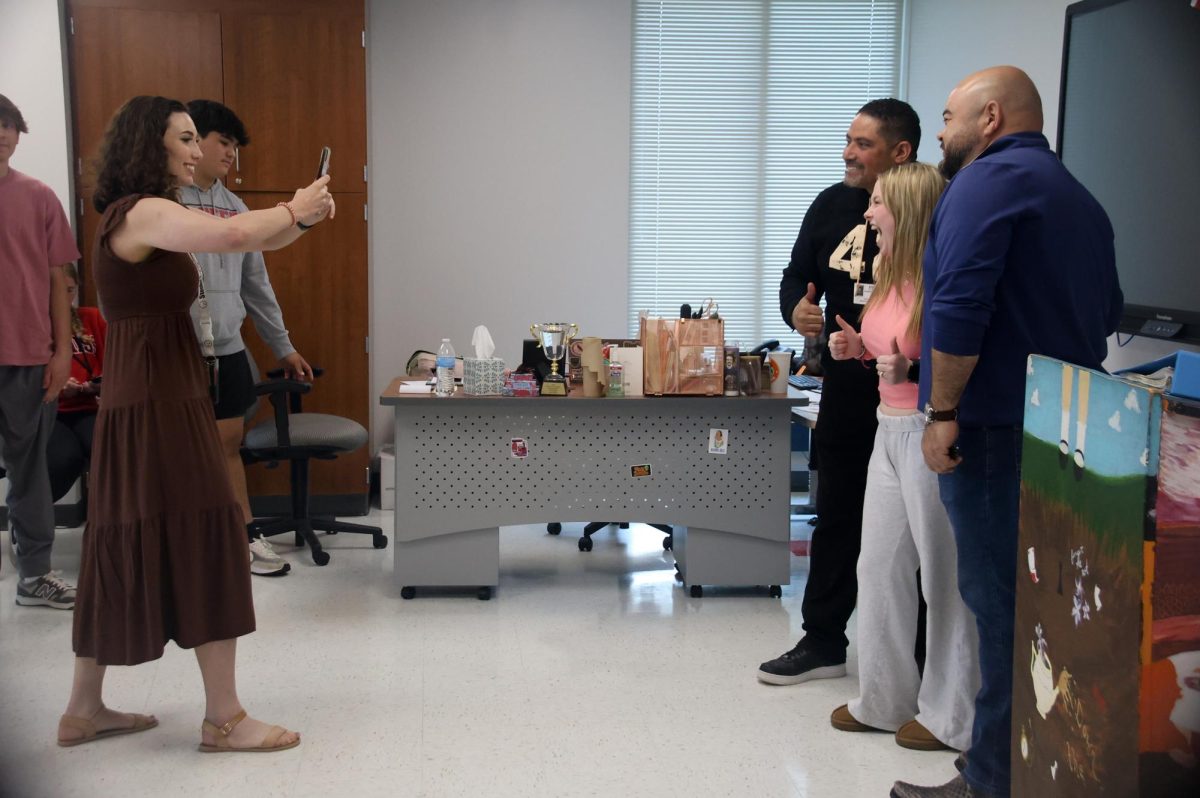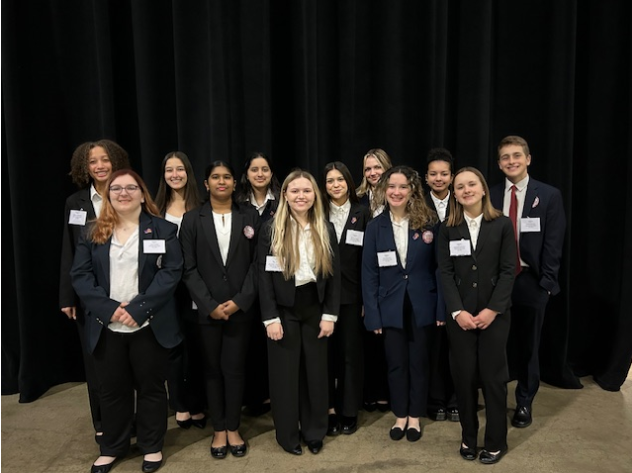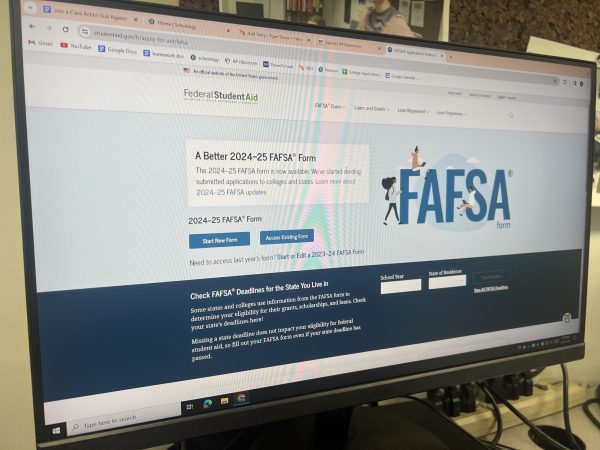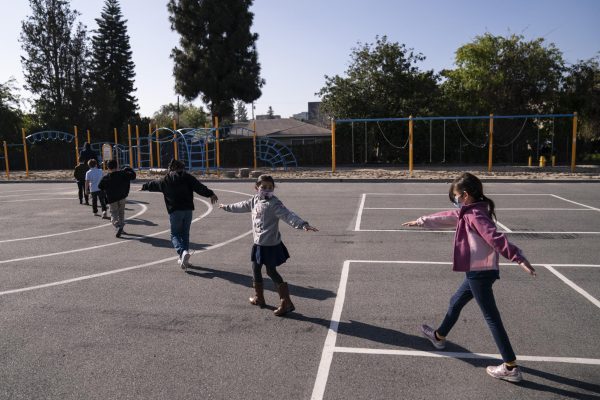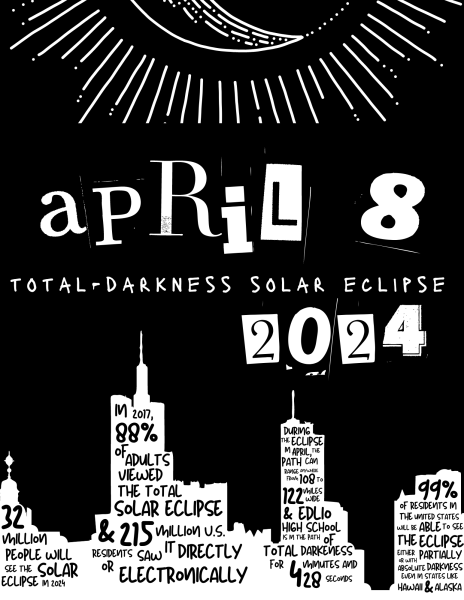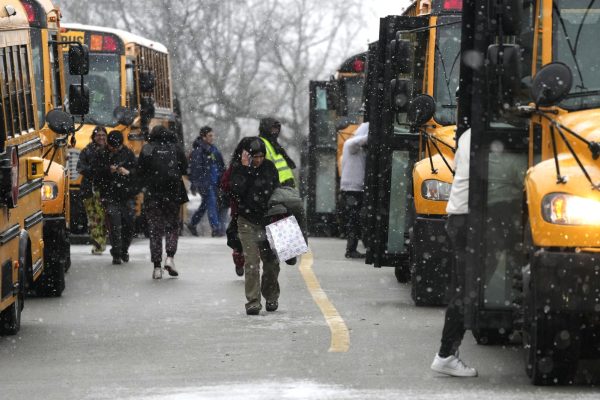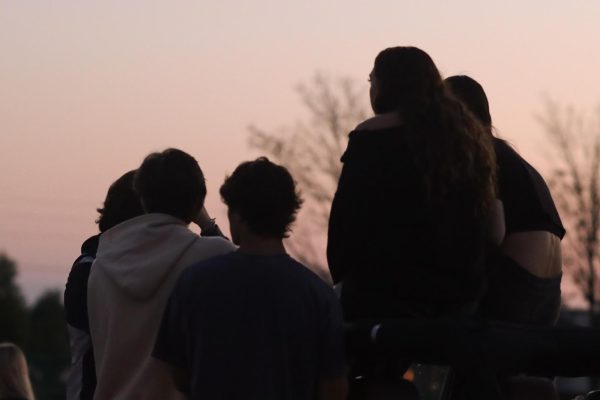Remembering a Legend 50 Years Later
April 5, 2018
Fifty years ago, the most famous dreamer in American history was killed at the Lorraine Motel in Memphis. Fifty years later, his dream lives on, but it has yet to be fully realized.
Martin Luther King Jr., in his famous speech at the March on Washington, said that even a century after blacks were freed, they were still fettered by the bondage of discrimination. And as much as we may wish it were otherwise today, the events of recent years have shown that we are in a similar situation.
Although it’s not as vile or visible as it was in the 60s, racism is alive and well in America. Sure, white supremacy groups may not be as menacing as they were, people may not be seated in buses based on the color of their skin, and white people may not be legally separated from black people, but that’s just not how the issue manifests itself in our day.
In our day, men like Stephon Clark, who was shot eight times in the back and killed in his own backyard by Sacramento police, are assumed guilty until proven unarmed. Clearly we still have an issue, even after the watershed Civil Rights Movement and the decades of progress following it.
Some people may choose to ignore it, but the facts are there: according to Time, the hourly wage gap between blacks and whites in 2015 was 26.7 percent. Also, blacks had nearly double the student debt as whites in 2016, and over double the infant mortality rate in the same year.
And, of course, adults are dying too. According to Vox, a 2016 study showed that blacks are more than twice as likely as whites to be shot and killed by police. This isn’t something America can turn away from—we need to confront it.
Many people seem to disregard the Black Lives Matter movement and the need for racial equality, for various reasons. Maybe they don’t believe police brutality exists, or that some have unequal opportunities, or that they can do anything to help.
But that’s simply not true. We can acknowledge the problem, search for solutions, and make strides forward. Just like Dr. King said in his speech, we can join together as a nation.
“We cannot walk alone,” he said. “And as we walk, we must make the pledge that we shall always march ahead. We cannot turn back.”


